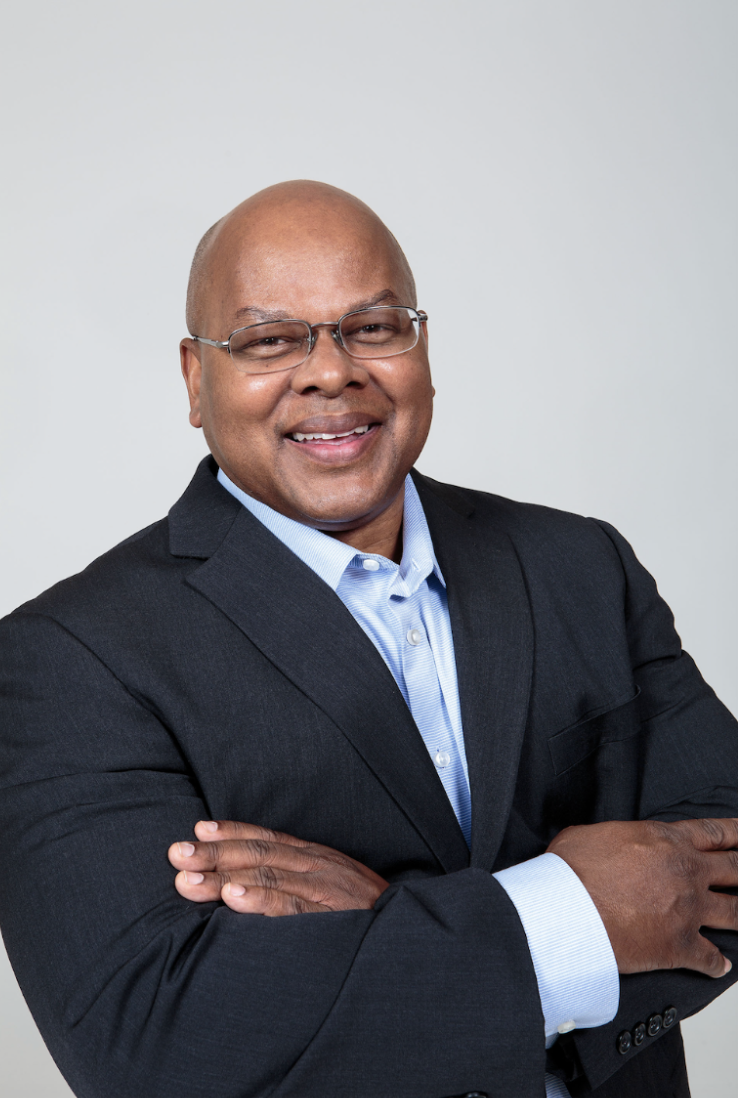Why is an organization like CBNN important given the current environment?
“I think those of us who are in healthcare have always known that our healthcare system in the US has some really good features, but one of the areas where it has failed to live up to is our expectation when it comes to being able to serve everyone who calls this country home in an equal and equitable way,” Mason explains. “The [health equity and racial justice in 2020] discussion was really about what kind of America we want, and are we willing to settle for America? That is not equitable? Where it doesn’t work for everyone? As part of that discussion in 2020 healthcare stakeholders really self-reflected and realized that we don’t have a healthcare system that works for everyone, and we need to do better.”
“And so the combination of this sort of self-reflection that took place in 2020, and then seeing what happens when you have a healthcare system that just hasn’t done a great job treating everyone equitably… I think it’s created a moment for us to really make progress on reducing healthcare disparities and that’s why I think a group like the California Black Health Network is so important. We need people who are focused on these issues and who are willing to look behind the top line number and look below to actually see where the disparities are and bring to that discussion a solution.”
Why are you on the board?
“Frankly, we have more resources to deploy than we’ve ever had before, so this is a great moment of opportunity to make progress. So I’m on the board because I think the California Black Health Network is one of those organizations that can really lead when it comes to understanding disparities that exist in California based on race, particularly for African Americans. Also, they’re in a great position to propose solutions and lead us to solutions that can reduce those disparities. And so, I’m on the board because I think when a moment like this happens, we should all find a way to step up and to do more than we were doing before and take advantage of this moment. Because here’s the thing, these moments don’t last forever… we need to get active now and we need to take action now and we need to develop solutions now. That’s why I am excited about being on the board of CBHN.”
Why is addressing health equity in the Black communities of California important?
“Sure, so I think you know. First of all, we have got to reinforce and reconnect with this idea that we need a healthcare system that works for everyone regardless of what they look like, what they talk like, where they come from, or how much money they make. That’s got to be a core value that we bring to our work in healthcare in the US and in California,” Mason describes. “I think if you do a careful analysis of California, what you’ll find is that African Americans are in that group of people where significant health disparities exist, despite being in a state with enormous resources, enormous health care delivery systems and some really smart people… And so I think you’ve got to make sure that you’re targeting your efforts where they’re most needed, and frankly, the African American community is a place where some of these disparities are the most extreme.”
He continues referring to California, “And so, we’ve got to make sure that we focus there and that we do not take our focus off of that group, and other groups certainly, but I know African Americans. We sometimes make assumptions that African Americans may not be as vocal as they should be about these disparities. And I think we’ve got to make sure that we are speaking for people who maybe feel voiceless. I don’t think anyone is voiceless, but sometimes people feel voiceless. And so, we’ve got to make sure to speak clearly and thoughtfully, but loudly, that these disparities are not okay.”

